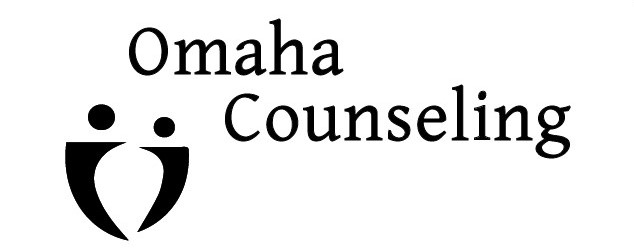“Listening is an attitude of the heart, a genuine desire to be with another, which both attracts and heals.” – L.J. Isham
Have you ever found yourself spacing out while your partner is speaking? Or have you incorrectly repeated your spouse’s words back to them? You aren’t the only one! Communication breakdowns like these happen frequently; however, with some mindfulness and accountability, you’ll be able to elevate your listening skills so that you are fully present for your partner/loved one(s).
Okay, I’ll admit it. I’m sometimes in my head – both at home and at work. My mind, like many of yours I’m guessing, is bombarded daily with information, experiences, and memories, which can make truly focusing on one thing at a time seem like a preposterous endeavor. With this inundation of data, how in the world are we able to listen about our partner’s day at the office if we’re thinking about the sink full of dishes, that meeting with a difficult client, or what items need to be added to the grocery list?
As an example, I’ll share a personal anecdote with you. Not long ago, my husband, Kris, told me something and I repeated it back incorrectly. So, he said it again. I still didn’t get it. Kris said he felt like I wasn’t listening – which, I wasn’t….completely. He then became upset. After he shared his experience with me, I admitted that I was in my own head and wasn’t listening. I needed that reality check from him in order to help me be in the moment, with him, and to fully focus on us and our conversation.
This led me to ponder a few things, such as the client-partner balance counselors (and other professionals) experience. I began thinking about how if I’m partially present with Kris, then what are my clients getting from me? I must ensure I’m giving ample energy and focus to my clients and to my husband. Both need and deserve my full attention, which means I needed to get more in tune with myself.
From that point on, I’ve been practicing a mindfulness-turned-accountability exercise whenever I find my mind wandering or my focus fluttering. When this happens, I spend a few introspective moments checking in with myself by being aware of how my body feels, acknowledging any distracting thoughts, and owning the fact that, well, I was distracted. Somehow, this simple microsecond of acknowledgement assists me in putting the thought aside until I’m able to return to it. Whatever it is can wait.
Taking it one step further, it’s important to validate your partner’s feelings and experience when they believe you aren’t listening. Let them know that your mind was, indeed, preoccupied with other things. By expressing your lack of attention, you are letting them know that you hear them and that you are now ready to listen. This fosters trust, love, and illustrates that you genuinely care about them and what they’re sharing – which, not surprisingly, improves communication between partners.
TAKE-AWAY: It takes focus to be 100% attentive to somebody, especially in these modern, technology-fueled times. The next time you and your partner find yourself in this communication conundrum, try being more aware of what’s going on in your mind. Acknowledge it then allow it to leave. It doesn’t need to occupy headspace that could be allocated to the important people in your life.


